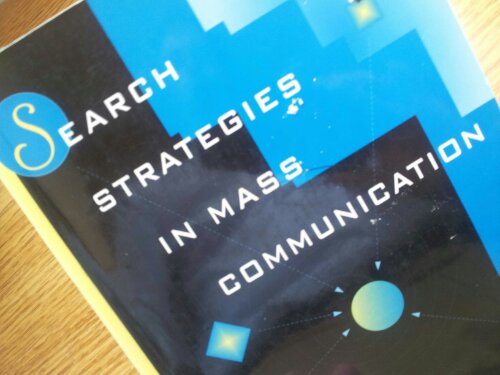 Some readers may know that my day job is providing faculty support for our learning management system (a.k.a. an LMS). We had a difficult start to our semester, and it got bad enough to get a little press: Campus Connection: Problems plaguing UW’s online course management system. Naturally students and faculty were extremely (and understandably) frustrated by the problems. That the issues continued for a solid week made matters much worse.
Some readers may know that my day job is providing faculty support for our learning management system (a.k.a. an LMS). We had a difficult start to our semester, and it got bad enough to get a little press: Campus Connection: Problems plaguing UW’s online course management system. Naturally students and faculty were extremely (and understandably) frustrated by the problems. That the issues continued for a solid week made matters much worse.
However, I would argue that each and every educational technology will go down at some point. It has happened to most all of the major platforms, regardless of whether the service is hosted on campus or in the cloud.
- Yesterday, the popular MOOC platform Coursera was brought down by a hack on the GoDaddy servers.
- Purdue has been “strugging” with Blackboard outages
- Instructure’s Canvas recently had a bad day, but has also been impacted by large outages at Amazon in the past.
The moral of the story is that outages tend to happen (especially at the beginning/end of the semester). I don’t mean to make excuses, but rather to encourage instructors to be ready for problems.
- If you can, start composing your online course before the semester begins.
- Help your students know what they can do (download materials when they have access, compose postings offline, don’t wait until a deadline to upload assignments)
I think the cloud will become more robust to handle the start-of-semester load in the near future, but for now — prepare!
 A recent piece in The Observer (
A recent piece in The Observer (

